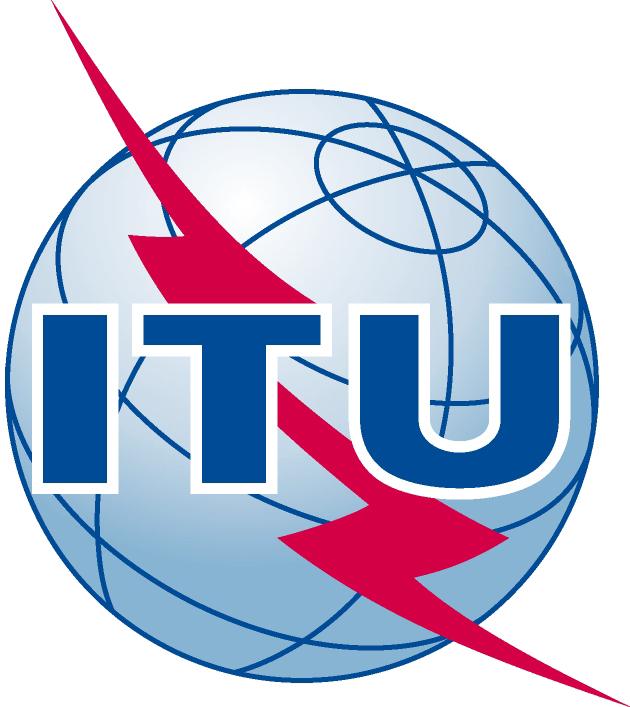About IGF
Internet Governance Forum
The United Nations Internet Governance Forum (IGF) serves to bring people together from various stakeholder groups in discussions on digital public policy. While it does not produce negotiated outcomes, the IGF informs and inspires those with policy-making power in both the public and private sectors. As a year-round process, the IGF includes policy, outreach, and community and capacity-building activities, all dedicated to facilitating a common understanding of how to maximise digital opportunities and address digital risks and challenges. IGF intersessional work culminates in annual meetings, where delegates discuss current and critical issues, share good practices and exchange policy recommendations with one another. The IGF’s resulting outputs are transmitted to global and national decision-making bodies.
Annual IGFs are convened by the UN Secretary-General and supported by a different host country each year. The upcoming 2024 IGF will be held Riyadh, Kingdom of Saudi Arabia, following the 2023 IGF in Kyoto, Japan.
The IGF is currently in its 19th year. Its mandate is set out in paragraphs 72 to 78 of the Tunis Agenda endorsed at the World Summit on the Information Society (WSIS) in 2005. The mandate was extended for a further ten years with the resolution adopted by the UN General Assembly on 16 December 2015, (70/125) 'Outcome document of the high-level meeting of the General Assembly on the overall review of the implementation of the outcomes of the World Summit on the Information Society'.
For more information please refer to the ''About the IGF'' Brochure V1 | V2 and the FAQs below.
FAQs – About IGF & IGF 2024
What are the key public policy issues discussed at IGF?
The IGF covers a broad range of digital governance issues, from Cybersecurity and Meaningful Access to Data Privacy and Artificial Intelligence. Focus issues change yearly based on submissions received during the IGF’s public call for thematic inputs, ensuring that the emphasis remains on what stakeholders, including governments and their constituencies, wish to discuss.
The main topics in 2023 are “AI & Emerging Technologies”; “Avoiding Internet Fragmentation”; “Cybersecurity, Cybercrime & Online Safety”; “Data Governance & Trust”; “Digital Divides & Inclusion”; “Global Digital Governance & Cooperation”; “Human Rights & Freedoms”; and “Sustainability & Environment”.
What have been the overarching themes of the annual IGF meetings?
2006 – “Internet Governance for Development”
2007 – “Internet Governance for Development – IGF the First Two Years”
2008 – “Internet for All”
2009 – “Internet Governance – Creating Opportunities for All”
2010 – “IGF 2010 – Developing the Future Together”
2011 – “Internet as a catalyst for change: access, development, freedoms and innovation”
2012 – “Internet Governance for Sustainable Human, Economic and Social Development”
2013 – “Building Bridges – Enhancing Multistakeholder Cooperation for Growth and Sustainable Development”
2014 – “Connecting Continents for Enhanced Multistakeholder Internet Governance"
2015 – “Evolution of Internet Governance: Empowering Sustainable Development”
2016 – “Enabling Inclusive and Sustainable Growth”
2017 – “Shape Your Digital Future!”
2018 – “Internet of Trust”
2019 – “One World. One Net. One Vision”
2020 – “Internet for human resilience and solidarity”
2021 – “Internet United”
2022 – “Resilient Internet for a Shared Sustainable and Common Future”
2023 – “The Internet We Want – Empowering All People”
Who participates in the IGF?
The IGF’s multistakeholder format attracts strong participation from governments, the private sector, civil society, including academic experts, and the technical community. Dedicated tracks at the annual IGF meeting and related preparatory activities facilitate the engagement of government ministers (‘High-Level Track’, for government and senior-most officials from other stakeholder groups, such as industry executives); international legislators (‘Parliamentary Track’); and young people (‘Youth Track’).
Current and former heads of state or government have participated in the IGF’s ceremonial segments or as panellists.
Several UN agencies – ITU, OHCHR, UNESCO, UNFPA, UNFCCC, and WIPO among them – and other intergovernmental organisations, such as the OECD, are active in both the work between and during IGF annual meetings.
The 2023 IGF in Kyoto drew over 9,000 participants from 178 countries, more than 6,000 of whom were onsite – including 105 different government delegations – representing the highest-ever number of physical IGF participants.
What are the global, regional and national impacts of IGF?
Globally, the IGF facilitates understanding and agreement on digital public policy, governance mechanisms and new technologies; enhances cooperation among key organisations and stakeholders dealing with different digital domains; fosters maximal inclusion of stakeholders in the broader policy discourse, especially those from under-represented countries and groups; strengthens capacities for participation in digital policymaking at all levels of expertise and backgrounds; contributes to the continued sustainability, security and development of the Internet, including critical efforts at multilingualism and multistakeholderism.
Annual IGF Messages, as well as outputs from IGF-guided intersessional workstreams, such as Policy Networks and Best Practice Forums, and from independent Dynamic Coalitions, are for global audiences and widely distributed.
The IGF has been and continues to be an active contributor to the G7, the WSIS process, and preparations for a proposed UN Global Digital Compact.
More than 165 countries and regions have established their own IGF National, Regional and Youth initiatives (NRIs) after the global IGF model – for processes that are multistakeholder, open, inclusive and bottom-up. The exponential growth of NRIs over the past decade testifies to the success and influence of the IGF approach. As digital technologies have taken on increasing importance in societies across the world, so has the need to discuss their impacts in people-centred, transparent fora. By supporting the development of the NRIs network, through organisational coordination and guidance from the IGF Secretariat, the global IGF has benefitted from vital local, national and regional-level perspectives on digital policy and the effects of digital transformation.
How is the IGF funded?
The IGF Secretariat, based in Geneva, is sustained financially through the extra-budgetary Trust Fund Account managed by the UN Department of Economic and Social Affairs (UN DESA). The nature of the IGF Trust Fund is such that it is voluntary and multi-donor driven, with varying contributions from governments and non-governmental organisations from the technical community, the private sector and civil society.
The IGF Trust Fund covers the administrative and operational costs of the IGF Secretariat including personnel, fellowships, and meeting costs (venues, interpretation, logistical costs, etc.); and funds the travel costs of members of the IGF Multistakeholder Advisory Group (MAG) from developing countries. More details about the list of donors and funds received are available online.
Each year, the organisational and conference costs of the IGF annual meeting are borne by the government of the host country.
Who convenes and organises annual IGFs?
The IGF is convened by the UN Secretary-General.
The programme and intersessional work of annual IGFs is guided by the Secretary-General-appointed, 40-member Multistakeholder Advisory Group (MAG). In 2022, the IGF Leadership Panel, whose multistakeholder members are also appointed by the Secretary-General, was formed to provide high-level strategic advice to the IGF, address related urgent issues, and “promote greater impact and dissemination of IGF discussions”. The Panel is led by Google Vice-President and “father of the Internet” Vint Cerf, and the 2021 Nobel Peace Prize Laureate Maria Ressa.
The MAG develops the IGF programme with support from the IGF Secretariat, and on the basis of regular public consultations and selection processes to determine timely themes and formats.
How are IGF host countries selected?
Countries approach the IGF Secretariat with their interest in hosting for given years. Strong interest may be formalized in writing as an offer letter and submitted to the UN Department of Economic and Social Affairs (UN DESA), the Secretariat’s parent department. The Secretariat evaluates all formal offers received and makes a decision based on the suitability of facilities and conditions for hosting, as well as on the need to rotate among regions and between developing and developed countries.
How was the host selected for 2024?
By letter dated 19 January 2023, the Kingdom of Saudi Arabia confirmed its willingness to host the IGF in 2024 in the Saudi capital, Riyadh. With the same letter, the Minister of Communications also invited a UN team for an assessment mission. The assessment mission was conducted on 12-16 June 2023. Based on the team’s comprehensive assessment, it was recommended that the UN Secretary-General accept the Kingdom of Saudi Arabia's offer to host the 2024 IGF Annual Meeting in Riyadh.
Which countries have hosted the previous IGFs?
The host countries of the past 18 IGFs have been:
2006: Athens, Greece
2007: Rio de Janeiro, Brazil
2008: Hyderabad, India
2009: Sharm el Sheikh, Egypt
2010: Vilnius, Lithuania
2011: Nairobi, Kenya
2012: Baku, Azerbaijan
2013: Bali, Indonesia
2014: Istanbul, Turkey
2015: João Pessoa, Brazil
2016: Jalisco, Mexico
2017: Geneva, Switzerland
2018: Paris, France
2019: Berlin, Germany
2020: hosted virtually by the UN
2021: Katowice, Poland
2022: Addis Ababa, Ethiopia
2023: Kyoto, Japan
What can participants expect at the 2024 IGF?
The timing of the 19th IGF is significant, as it will be held after the adoption of the UN Secretary-General’s proposed Global Digital Compact (GDC) at the Summit of the Future in the fall of 2024, and before the WSIS+20 Review in 2025.
The meeting itself, as it has always been, will be an open space for dialogue aligned with the IGF’s values and principles, and where several timely digital topics will be covered. In the IGF tradition, the meeting week will feature a programme of social and cultural activities.
What are the benefits of holding the IGF in Saudi Arabia?
The meeting in Riyadh would represent a unique opportunity to engage regional and national stakeholders, including Saudi Arabia’s high proportion of young people.
Saudi Arabia is also a leading regional hub for digital development and entrepreneurship and would engage the valuable perspective of the startup community, which so far has been under-represented in IGF discussions.
What are the next steps in the planning process for the 19th IGF?
The IGF 2024 MAG, led by the MAG Chair and Host Country Co-Chair, will convene regular virtual meetings as well as the biannual face-to-face open consultations and meetings to prepare for the 19th IGF, set to take place on 15-19 December 2024.
Get Started
Team
Donors to the IGF Trust Fund
The Internet Governance Forum Secretariat is funded through donations from various stakeholder groups. While host countries bear the majority of the costs associated with holding the annual IGF meeting, the IGF Secretariat's activities are funded through extra-budgetary contributions paid into a multi-donor Trust Fund administered by the United Nations Department of Economic and Social Affairs (UNDESA). All contributions are administered and accounted for in accordance with United Nations Financial Rules and Regulations and other applicable directives, procedures and practices.
Contributions from all stakeholders are welcome, including in-kind donations.
The Secretariat is grateful to IGF Trust Fund donors, listed below in order of the size of their total contribution since 2006.
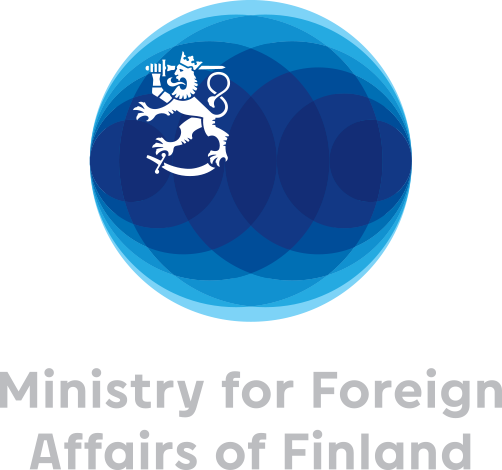
Government of Finland
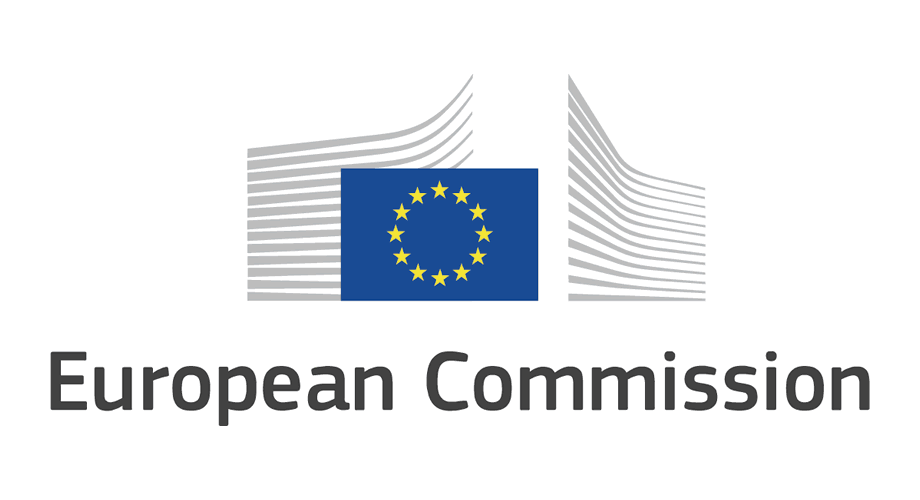
European Commission
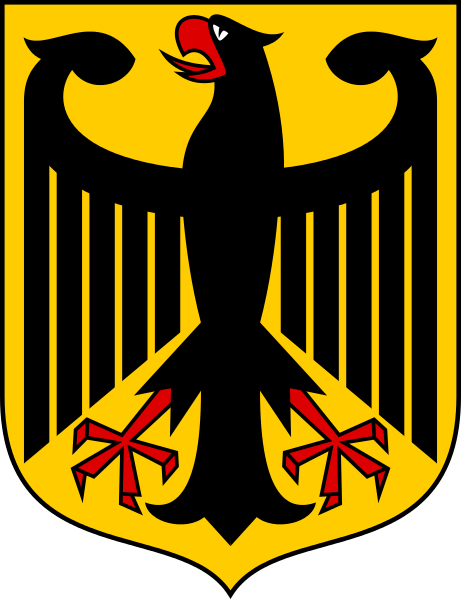
Government of Germany

Internet Corporation for Assigned Names and Numbers (ICANN)
Number Resource Organization (NRO)

Government of Switzerland

The Internet Society (ISOC)
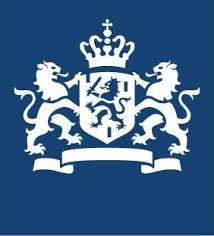
Government of the Netherlands

Government of the United Kingdom

Government of the United States
Government of Japan

Nominet UK

Verizon

Tides Foundation

Brazilian Internet Steering Committee
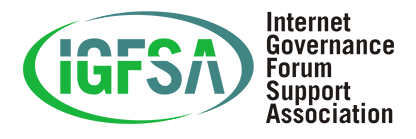
IGFSA
AT&T

China Energy Fund Committee
Verisign


Afilias Global Registry Services
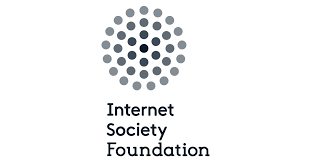
The Internet Society Foundation
Government of Portugal - Fundacao Para a Ciencia e a Tecnologia

European Registry for Internet domains (EURid)
Microsoft Corporation

Siemens Aktiengesellschaft - Communications / Nokia Siemens Networks


Government of Norway

Government of Sweden
Amazon

UNINETT Norid

The Swiss Education & Research Network (SWITCH)

The Walt Disney Company

CISCO

auDA Australia's Domain Name Administrator

International Chamber of Commerce (ICC) - Business Action to Support the Information Society (BASIS)

Coordination Center for TLD RU

Danish Internet Forum
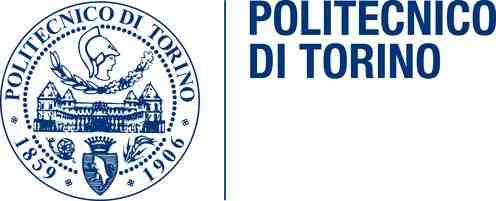
Politecnico di Torino

Community DNS

Government of the Republic of Korea
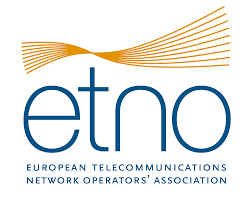
European Telecommunication Network Operators' Association

MCADE, LLC.

NIC-MEXICO
Nic.at The Austrian Registry

Summit Strategies International

NIKKEI DigitalCORE

Ribose Inc
Work with us
The IGF fellowship programme provides an opportunity for those active in the field of Internet governance, to work at the IGF Secretariat for up to nine months. The nominations should be submitted through national and regional IGF initiatives. Preference is given to nominees from least developed Countries (LDC's), developing countries and transitional economies. Names submitted through this process are kept on a roster. Unfortunately due to the large number of applications the Secretariat can only contact those that are shortlisted in a particular cycle. For further information about the fellowship programme please contact the IGF Secretariat at igf[at]un.org
Contact Us
Secretariat of the
Internet Governance Forum (IGF)
Palais des Nations,
CH-1211 Geneva 10, Switzerland
+41 (0) 229 173 411



